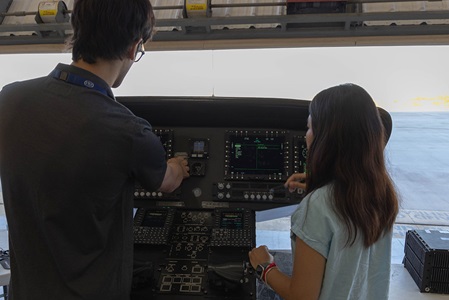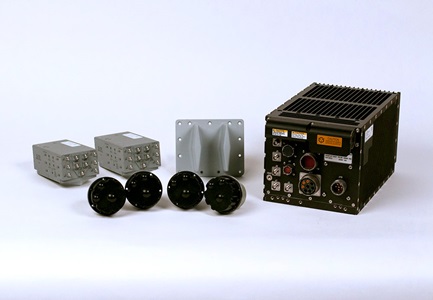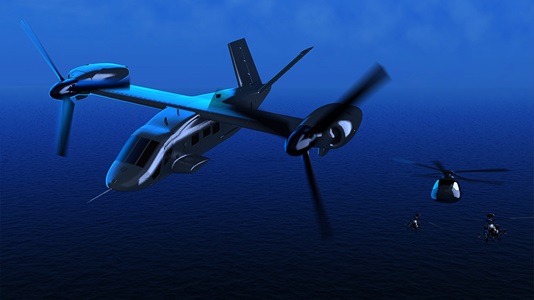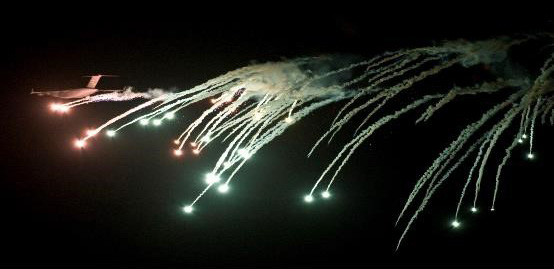AN/APR-39 Digital Radar Warning Receiver Family
FPA
JSS component is missing React implementation. See the developer console for more information.
A Smarter, More Agile Radar Warning Receiver
The electronic battlefield becomes more complex every day, dominated by an array of multispectral — radio frequency/infrared/electro-optical (RF/IR/EO) — threats that jeopardize aircrew survival. To survive, aircrews must have not only sophisticated digital radar sensors and countermeasures but also a way to manage them.
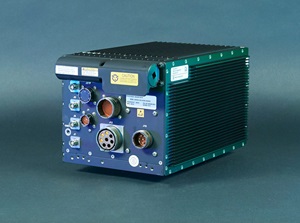
APR-39E(V)2
The AN/APR-39E(V)2 is the next step in the evolution of the AN/APR-39, the radar warning receiver and suite controller that has been protecting aircraft for decades. This fully digital system provides 360-degree coverage to automatically detect and identify threat types, bearing, and lethality.
Based on Northrop Grumman’s ultra-wideband architecture and digital millimeter wave antennas shared with other electronic warfare programs of record, the AN/APR-39E(V)2 detects modern, agile threats and waveforms, including low power millimeter wave systems. This common building block approach enables affordable sustainment, so operators can always keep up with the state-of-the-art threat.
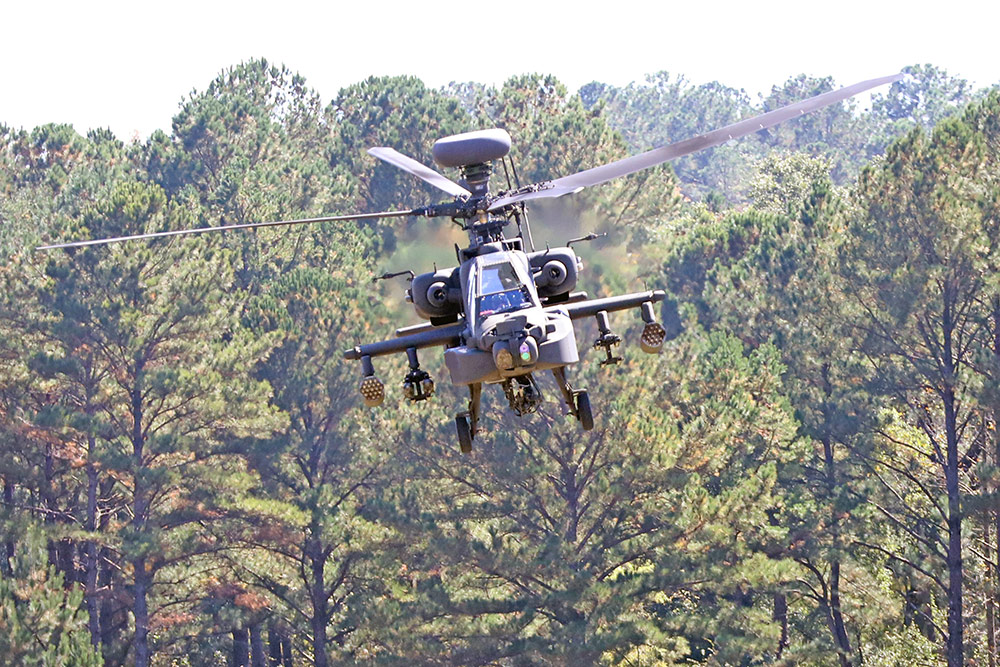
AN/APR-39E(V)2 Benefits
- Provides 360-degree threat detection, identification, and Angle of Arrival (AOA) across C-M bands for signals of any polarization • Outpaces emerging RF threats through a multi-channel digital receiver with wide instantaneous bandwidth and high sensitivity
- Handles modern and complex emitters with millimeter wave frequency, single pulse modes, and frequency- or phase-modulation • Uses an integrated processor that generates high fidelity RF signal measurements to characterize emitters and reduce ambiguities
- Reduces crew workload through easy-to-understand threat symbology and digital voice audio
- Includes a flight line reprogrammable Operational Flight Program and threat library
- Supports multiple external interfaces to meet the user’s current and future requirements
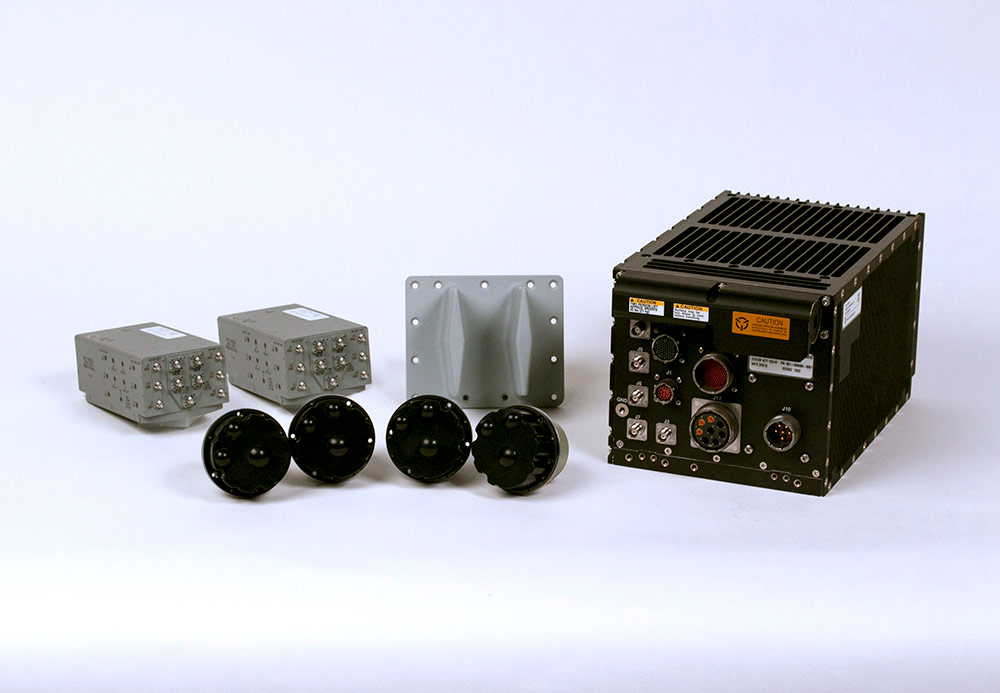
AN/APR-39D(V)2
The Northrop Grumman APR-39D(V)2 Radar Warning Receiver (RWR)/Electronic Warfare Management System maximizes survivability by improving aircrew situational awareness via interactive management of all onboard sensors and countermeasures. The AN/APR-39D(V)2 provides advanced RWR capability for today’s and tomorrow’s RF threat environments. The system features the latest technology in a small, lightweight configuration that protects a wide variety of rotary, tiltrotor and fixed-wing aircraft from modern threats.
VSIL™ and FDAD™ Software Products and SMS Support
Virtual SIL (VSIL™) is a software representation of a complete Systems Integration Lab (SIL) station that enables software development and system integration on any desktop PC or server. Flight Data Analysis and Display (FDAD™) is an analytical tool for displaying real-time information about an embedded system sent via Ethernet. To enable communication, FDAD™ includes code for both the PC and the embedded target.
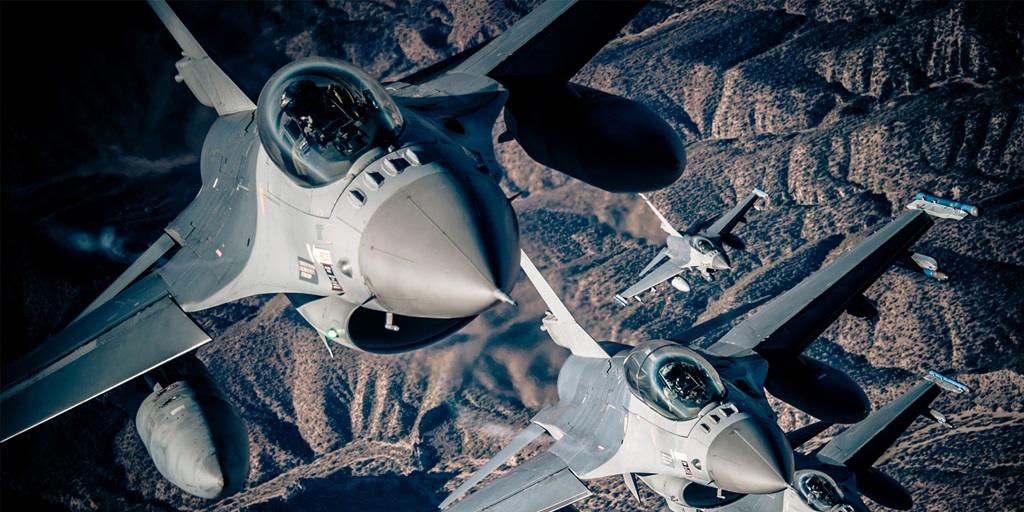
Airborne Electronic Warfare Expertise
Northrop Grumman’s roots in electronic warfare are deep, with some of the world’s most trusted and advanced systems flying today.
Contact Us
Stephen Lamb
stephen.lamb@ngc.com
Phone: (224) 625-4627
The appearance of U.S. Department of Defense (DoD) visual information does not imply or constitute DoD endorsement.
